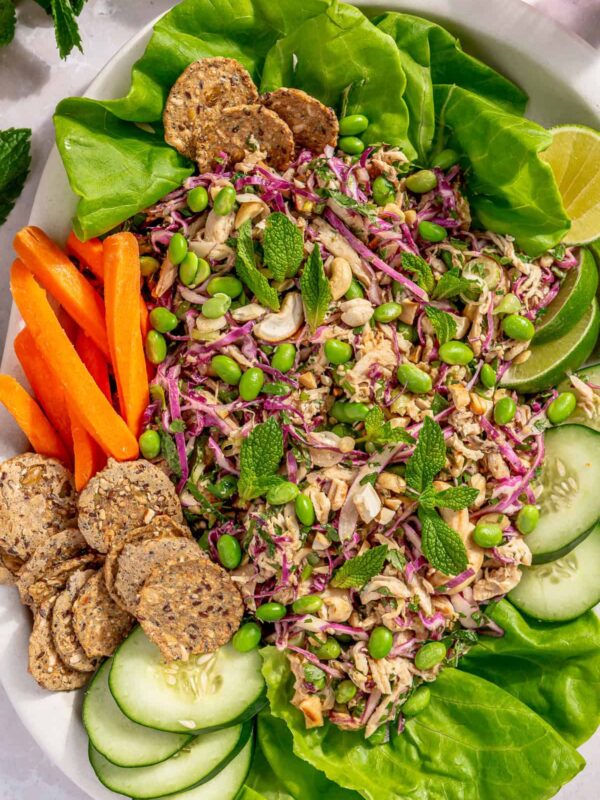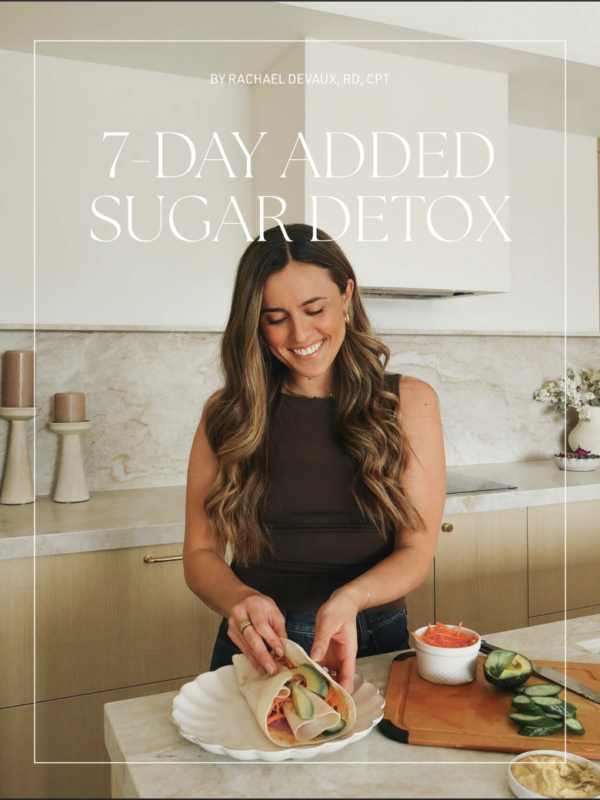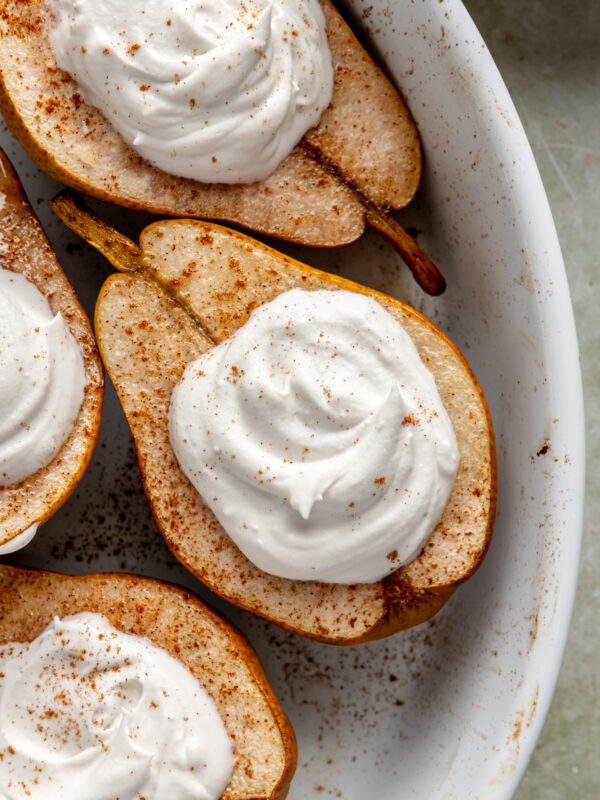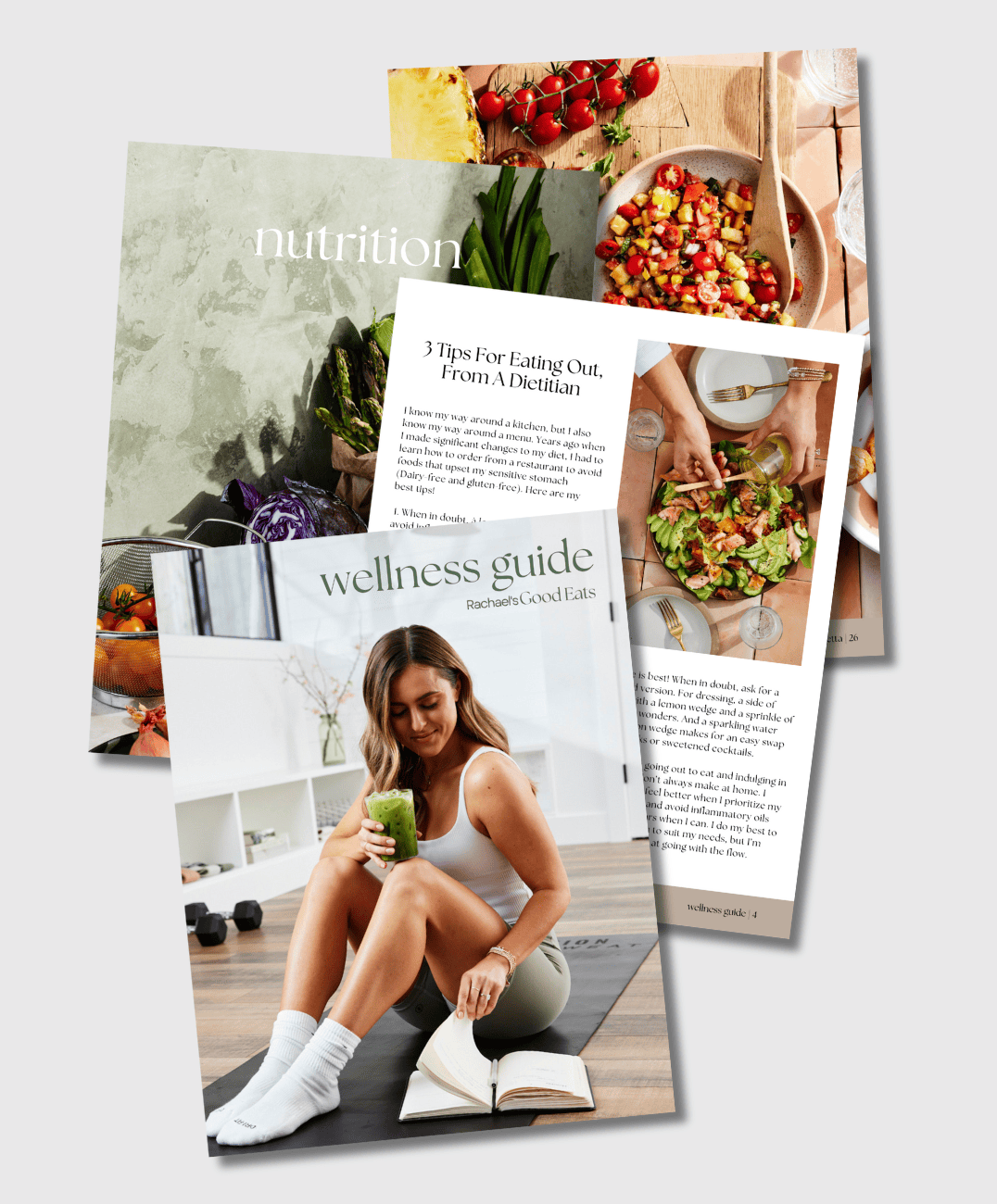
As a consumer, I totally get that it can be confusing when it comes to supplements. Walking through the supplement aisle is no easy task! How are you supposed to know what to look for or know what your body needs every day? Even with a diet rich in vitamins, minerals and phytonutrients, it’s tough to really maximize the nutrients that are in the foods we’re eating. In large part, this is due to our soils being depleted of their nutrients– the sad truth is that modern intensive agriculture is disrupting traditional farming/growth of fruits and vegetables and instead, focusing on traits like size, growth rate and pest resistance rather than nutrition. It’s obvious that the better choice would be to move back towards sustainable farming with healthier soil. Things like alternating fields between seasons to give the soil time to restore and refraining from using chemicals/pesticides & fertilizers are a few things that can greatly help restore nutritional value. It’s important to practice organic growing methods because it’s good for the soil, the produce, and most importantly, the consumers ! This is why you should be shopping from local, organic farmers as often as possible.
As a dietitian, my goal is to make healthy living as simple as possible and easy to understand. I’m sharing my top 4 supplements you should be incorporating into your everyday routine! Of course, you should always consult your doctor when it comes to adding new supplements to your diet / seeing what’s right for your body.
Omega-3’s:
The ideal omega-6 to omega-3 ratio is 1:1. Currently, the average American eats a ratio of anywhere from 12:1 to 25:1 omega-6 to omega-3!!! The reason why this number is so staggering is because excess omega-6 is found to be extremely inflammatory and harmful to the body when consumed in large amounts. You need both types of fat (and from your diet because our bodies do not produce it), but in a more equal ratio. The prevalence of vegetable oils in the U.S. are the main reason why our omega-6 ratio is so high. Vegetable oils (i.e. soybean oil, canola oil) are commonly found in chips, crackers, sauces, cookies, candy, granola, frozen foods, and other snacks. It’s time to start focusing on consuming more omega-3s into your diet to help balance out this dramatic ratio and reap the benefits of omega-3s. Did I mention that omega-3s are integral for our cells, not only in our brain, but throughout the entire body and that they affect the cell receptors in these membranes? They’ve even been shown to help prevent heart disease and stroke, may help control lupus, eczema, and rheumatoid arthritis, and may play protective roles in cancer and other conditions (source).
Food Sources of Omega-3: wild salmon, grass-fed beef, algae oils, walnuts, flaxseeds
Magnesium:
Interestingly enough, most people are deficient in magnesium. It’s known as the relaxing mineral and is needed in over 300 reactions in the body, including regulating muscle and nerve function, blood sugar levels, protein synthesis, and blood pressure regulation. Magnesium is also vital for healthy bones! We can obtain magnesium through our diet, but sometimes levels may be too low where supplementation is necessary. Typical everyday levels of stress can deplete levels of magnesium, which is why I think we can all benefit from taking a supplement form. Otherwise, look towards these foods that are rich in this mineral: dark leafy greens, avocado, dark chocolate, nuts & seeds, and legumes.
Probiotics:
The gut, as you know, is exceptionally important to keep healthy due to its role with our immune system, brain, ability to fight infection, regulate sleep & weight, and so much more. We often refer to it as our gut microbiome– a vast ecosystem of microbes that help us do all of the above. Our gut is made up of trillions of bacteria that are both good and bad for your health. Probiotics are the good bacteria
Eating fermented foods such as yogurt, sauerkraut and kefir are great because they all contain healthy bacteria, mainly Lactobacilli, which can reduce the amount of disease-causing species in the gut (It’s true!).
Factors that can disrupt the good bacteria in your gut include antibiotics, sugar, stress and environmental factors.
Vitamin D:
Unless you live in a place that has sun year-round and you’re getting your 20-30 minutes of rays daily, you should be taking a vitamin D supplement. Not only is it good for your bones, it’s hugely needed for your immune system! Being that I live in Seattle, WA where the sun shines around 3 months of the year, I try my best to take a good vitamin D3 supplement every day. Vitamin D3, or cholecalciferol, is the natural form and what is recommended.
This is my go-to vitamin D3 supplement I buy from Whole Foods or Amazon.
———–
I can also recommend Ritual. It’s a multivitamin made for women, is gluten-free, vegan, dairy-free, allergen-free, and non-GMO, and contains 9 essential nutrients that women typically lack from their diets (three are recommended above). Vitamin K, D3, E, B12, boron, iron, folate, DHA Omega-3 and magnesium– it really fills the gap with what you could be missing in your daily routine. Just 2 capsules a day (smells and tastes like mint!) and I’ve been taking these for about a year now. Use code, ‘RACHAEL20’ for 20% off your first month! xx















Hi Rachael- What probiotics do you recommend?
I’ve been taking Seed for over a year now and love it! If you want to try you can use code RACHAEL for 15% off their website. xx Rachael
Hey Rachael,
Thank you for your supplement recommendations! I ended up buying the Rituals Multivitamins and Magnesium vitamins that you recommended. I know Rituals already contain Magnesium, but would it be okay to take more Magnesium supplements? I’m mainly asking because I struggle with constipation all my life and I heard magnesium can help with that. However, I’ve been reading things online and many people mentioned magnesium oxide is better for constipation vs magnesium Malate/chelated magnesium. If that’s true, do you have another magnesium supplement you recommend?
Can I take these supplements all at the same time?
Probiotics supplements are really essential in this time of crisis. We need to boosts our immune system. It’s better to prevent than to cure. Thanks for sharing.
Have you ever tried Smarty Pants Organic Women’s Complete?
I searched your blog to find what you take to help prevent getting sick/keep your immune system strong. Do you recommend Ritual over some of the top things you linked out to separately? And what probiotics do you reco?
What probiotic do you recommend?
Hi Rachael
I also wanted to ask which brands of probiotics do you recommend? Also I am confused 😐 is it better refrigerated or non refrigerated? Thanks for your help 🙂
What brand of probiotics do you recommend? I’ve heard refrigerated probiotics are better, but also that they are weak and don’t survive due to stomach acid. What are your thoughts?
Hi Rachael!!! I just purchased the Ritual multivitamins (thanks for the discount!). Now that I am taking these, should I stop taking my Vitamin D3 and Omega 3s since they are already present in the Ritual capsules? Thanks in advanced!! 🙂
Aw yay!! Correct– since Ritual contains those nutrients already, you typically wouldn’t need to take an additional capsule 🙂